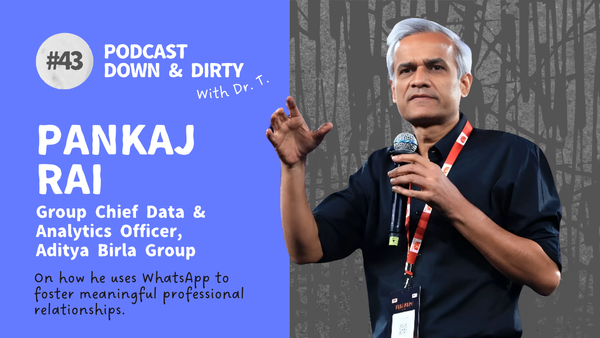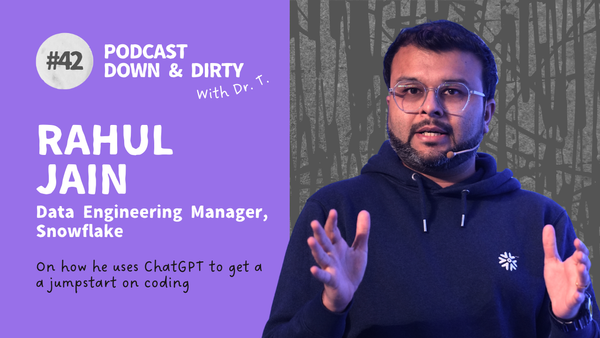Being an edtech social media entrepreneur is a thing!
It is not just edtech startups but also a few social media impresarios that are touted as the next big thing in India.

Written by Kavya W
Forbes describes India as the “most active education marketplace in the world.” The coronavirus situation worked in favour of many edtech companies that lured students not only with free classes but also discounted memberships. The biggest example can be attributed to Byjus which has a renewable rate of 86% per year. Not just that, India saw a surge of edtech entrepreneurs on social media that diversified the channel of online education in the country.
Social media edtech influencers like Alakh Pandey have been at the forefront of this online movement.
Alakh's brand Physicswallah is now India's 101st unicorn, raising 100 million in a Series A round earlier this year. But things are brewing fast at the entry and mid-tier level as well. For example, social media influencer Saheli Chatterji’s venture focuses highly on offering education courses that help one make money online while another influencer, Saloni Srivastava’s courses are more defined and focus on developing a skill set needed for excelling in an online media job - all of which were introduced exclusively on their social media pages.
Srivastava told Yourstory, “The (My) academy now has over 3,500 students. We have also launched an advanced programme to help entrepreneurs who’ve come out of the academy to reach the next level. We are also working on building a free academy to help people in smaller towns of India and this should be launched in the next 2-3 months.”
The edtech industry is expected to USD 3.2 billion by 2022 which will only mean that the dispersion of the different channels of education will rise far and wide. The reception of it also depends on the different modes of social media tools.
“WhatsApp is a major networking tool for me. The biggest advantage I have is the geographical reach of this platform. I don’t just get to network with people in India, but I actively also network with entrepreneurs all over the world. Entrepreneur-specific groups can help with networking, mentoring, and sales coaching. This helps entrepreneurs based in smaller towns a medium to communicate with those based in hubs like Bengaluru and Gurugram. This bridges the knowledge gap massively,” she told Yourstory.
A Poocho insight even stated that most students prefer YouTube as the best social media platform to pick an online program or course to enroll in. Hemlata, a mother of two, thinks that these edtech online startups are a way to go:
I find about diverse and genre-based education courses for my kids through social media, mainly YouTube and Instagram. They are not only more engaging but also more interpersonal in approach. Plus they are cheaper too than the standard online course available at present.
While it may be a great initiative and the most internet-savvy approach to edtech entrepreneurship, there might be some discrepancies involved in the future. Experts suggest that schools and colleges reopening might hamper the steady growth of the edtech sector. Social media platforms is a great way to lure upcoming edtech entrepreneurs but the success of such a new digital mechanism will depend on further research and facts.



